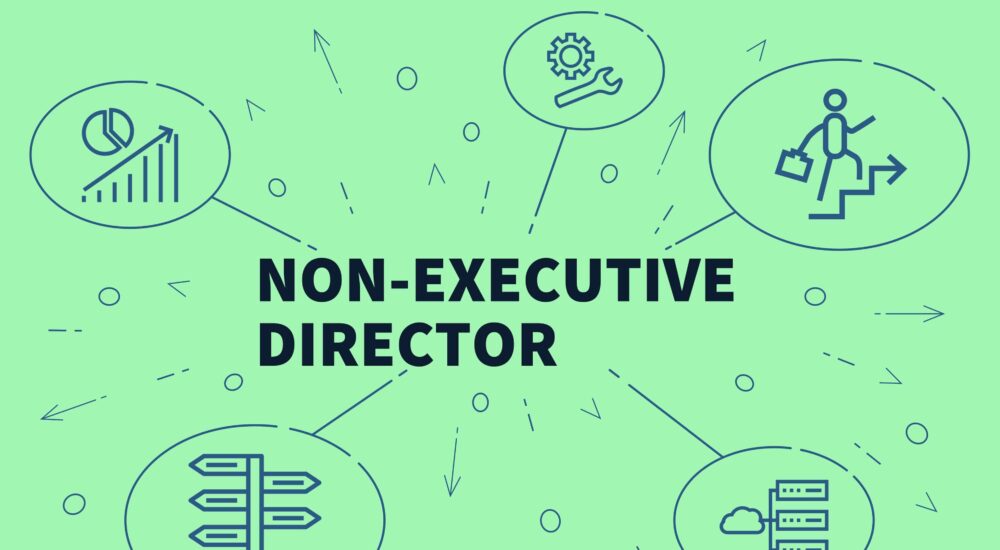For some, becoming a non-executive director (NED) is the holy grail of senior appointments, and it is easy to see why. Demand is on the up and the fees that some NEDs can command have now fallen closer in line with those awarded to the executive team itself. But what makes a good NED and what is the most effective way to make the transition?
Size matters
When starting out in a new career as a NED, no one should expect to land that great board appointment from the off. Occasionally it happens, but often you first have to think small and cut your teeth by gaining experience with smaller, possibly less glamorous boards.
We often meet candidates who have had strong executive careers and believe that this warrants their inclusion on the board of FTSE company. However, this rarely happens in practice during the early stage of their NED career and the transition from executive to non-executive board member more often takes a different route.
The most successful NEDs are those who recognise the benefits of opting to join smaller boards as a first-time director. They often report how invaluable this experience has been as a key stepping stone in their NED career. It offers them the opportunity to have a strong voice around the table that is able to influence change – skills and attributes that are essential for boards of all sizes.
But it is important to choose the company you align yourself with wisely as this will set the tone for your next role, and the one after that. Recognise the knowledge you have gained and how you can transfer those ideas and insights into best practice in other organisations and sectors.
Robust process
From the organisation’s perspective, the appointment of a NED follows the same process as that of a traditional in-house executive role. This makes it as, if not more, competitive.
They’re not looking for ‘personalities’ or those who boast of previous performances in a bid to land the role. Yes, they are looking for NEDs to have gravitas and credibility. But what they want is people who are competent, knowledgeable and can challenge the executive team and status quo. To do this effectively means knowing what it is that you can bring to the table.
Of course, as with many things in life, this is easier said than done. The key is to understand the nature of the role and the expectations the organisation has for whoever the successful candidate is.
Diverse thinking
Boards are no longer the sole domain of men in pinstripe suits, smoking cigars and swilling brandy. Executive teams need to have a balance of skills, experience and knowledge and to achieve this means bringing in people from a diverse range of backgrounds.
We’re not just talking diversity in the traditional sense of ethnicity, gender, sexual orientation, age, physical ability…the list goes on. But also, boards are looking for diversity of thought – people who can look at the same set of challenges yet offer a different perspective that results in more effective decision-making and better outcomes.
A key element of a NEDs role is to act as the guardian of the business and identify potential risks as well as opportunities. This explains why NEDs are increasingly heralding from technical and digital backgrounds rather than just accountants, as was once the norm.
Indeed, they have a sound understanding of how big data and artificial intelligence can be used to better engage customers, increase organisational efficiencies, anticipate future demand and drive profitability. So, it perhaps comes as no surprise to hear that the average age of a NED has been falling in recent years, which is itself a demonstration of how boards are becoming more diverse.
Making the switch
Talk to other non-executives on the board of your current company or those sat on others. Benchmark your skills with theirs and decide where they could be best utilised. For instance, perhaps you have a penchant for change management due to your experience of mergers and acquisitions.
Once you have a clear picture of what you can offer and how you can add value to an organisation, speak to executive search consultants like Audeliss. Because they work with boards of all sizes and across a range of sectors, they can tell you the skills and qualities that are in demand in the here and now.
The role of the NED is increasingly complex, and the ability to ‘get’ the nuances and challenges facing organisations and having the right skills and knowledge to enable them to overcome these is absolutely critical.
For instance, public sector bodies, housing trusts, charities and health organisations are eager for people with sound commercial experience. The compensation may not be as lucrative as what you might expect to receive from a listed company board role, but it can be a nursery slope for such a role further down the line…providing you deliver of course.
For more information on becoming a non-executive director, get in touch with us today.
